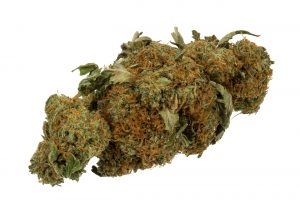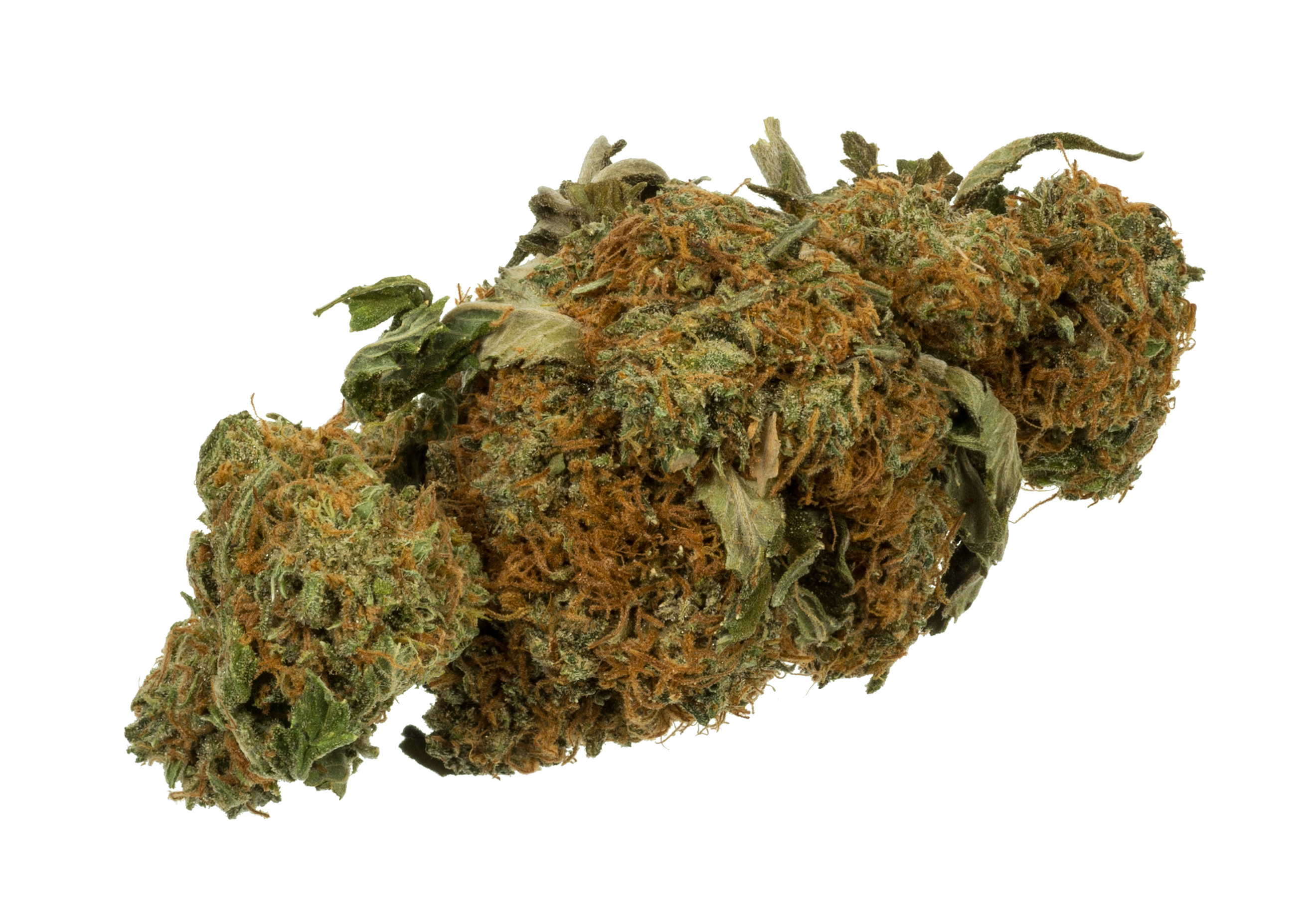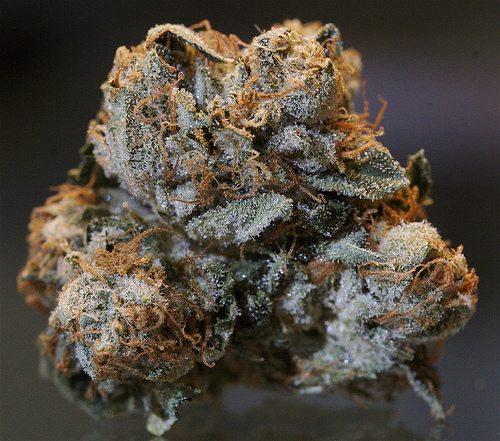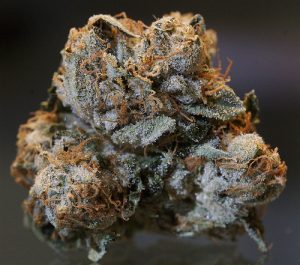Hot Springs Embracing Marijuana Industry
 The Hot Springs Board of Directors recently passed a resolution welcoming marijuana businesses to the community.
The Hot Springs Board of Directors recently passed a resolution welcoming marijuana businesses to the community.
The Hot Springs Sentinel-Record writes,
The city said Tuesday’s resolution serves to counter impressions Hot Springs is unwelcoming to the new enterprise. Data from the Arkansas Center for Health Improvement shows 25,537 Garland County residents have a condition that qualifies for medical marijuana treatment.
If those numbers are accurate, then more than 26% of Garland County’s population (96,954) could smoke marijuana. It underscores just how broad Arkansas’ marijuana amendment really is.
It’s an indictment of the leadership in Hot Springs that they can think of no better way to “welcome new enterprise” than to embrace the marijuana industry.





 Last Friday Arkansas Attorney General Leslie Rutledge rejected yet another proposed constitutional amendment legalizing recreational marijuana in Arkansas.
Last Friday Arkansas Attorney General Leslie Rutledge rejected yet another proposed constitutional amendment legalizing recreational marijuana in Arkansas.